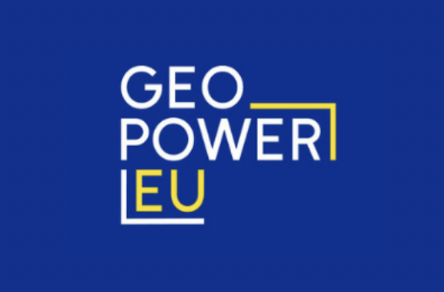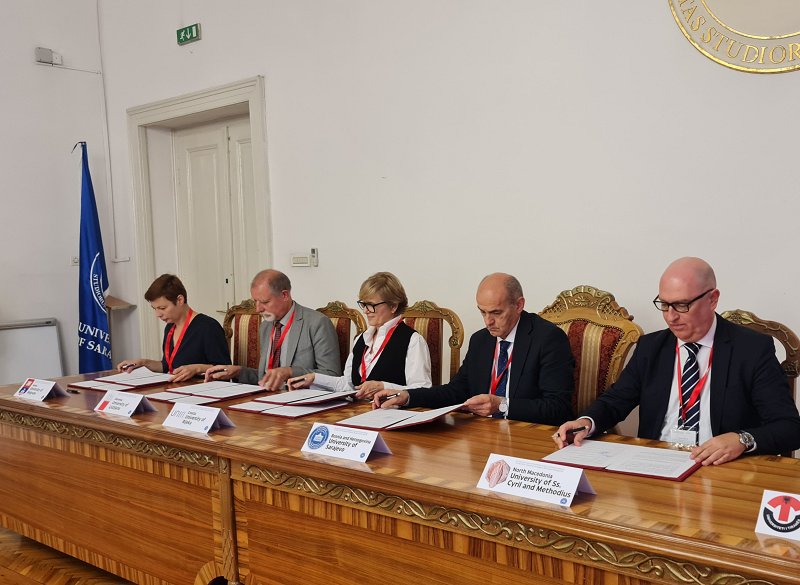Institutions in Action: The Nature and the Role of Institutions in the Real World
Place: University of Rijeka, Croatia
Organizer: Center for Advanced Studies – Southeast Europe, University of Rijeka: LabOnt – Department of Philosophy, University of Torino
Date: May 27-28 2016
Deadline for applications: 31 March 2016
Political, social, economic, and legal institutions exert a great impact on the lives of individuals as social beings, as well as on those individuals’ own understanding of themselves, their potentialities, and aspirations. In big societies, institutions also offer information regarding what others do or tend to do. Still, in the last thirty years, both in political theory and in practice, the role of institutions has been seriously threatened by an ideological struggle against the welfare state and by a growing emphasis on individual responsibility and an individualist ethos. Once again we find ourselves having to examine the importance of the role of social institutions, their nature as actors, as well as their mutual influences.
Although institutions theoretically strive towards a better society, we think it important to begin with real world facts, that is, with a “new institutional realism” that attempts to understand and explain how various (legal, social, and political) institutions actually condition and influence one another, thus shaping the lives of individuals. Such influences, while seeking a betterment of social life, sometimes also restrict and diminish what might otherwise be a spontaneous exercise of collaborative and optimizing collective actions. Both the constructive and the retractive or restrictive effects of institutions on human life make up the reality of the institution.
Another key role for institutions is in balancing perceptions and the various angles of social justice. Rawls famously described this balancing act as the quest of equilibrium between rational or intellectual arguments about what is just, on the one hand, and the intuitive grasp of justice within a political culture, on the other. Such balancing acts between arguments, intuitions and, increasingly, emotions (particularly strongly emphasized by Robert Solomon and others) are entrusted to institutions in various social and value-contexts. How well they are equipped to perform such acts influences both the quality of the respective political systems and, more practically, the quality of people’s lives.
All these and many other aspects of the institution will be addressed by the conference, with a view both of advancing our theoretical grasp of the institution and our practical understanding and ability to influence and benefit from institutions in their myriad roles – whether regulative, that of service-provision, or, more controversially, that of conceptual and value-clarification or community-building.
Abstract submission and deadline:
Please send a Word document with your abstract (300-500 words) and your contact details to institutions_applications@cas.uniri.hr . The deadline for abstract submissions is 31 March 2016. Submitters will be notified of acceptance or rejection by 10 April 2016. The length of the talks will depend on how many proposals are accepted, but will be at least 25 minutes. Also, panels will be organized after proposals are accepted depending on their number and topics.
There will be no registration fees. Conference organisers will provide lunch and light refreshments during the conference program. Participants are kindly requested to make their own accommodation and travel arrangements.
Confirmed participants:
Maurizio Ferraris (University of Turin); Wolfgang Merkel (Berlin Social Science Center); Emmanuel Picavet (Pantheon-Sorbonne University, Paris); Shalini Randeria (Institute for Human Sciences, Vienna); Avner de-Shalit (Hebrew University, Jerusalem); Raimo Tuomela (University of Helsinki); Jonathan Wolff (University College London)
Conveners:
Nebojša Zelić
Sanja Bojanić




